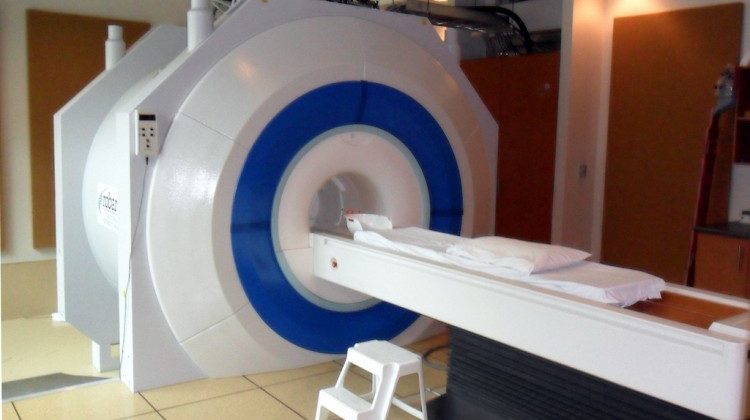Originally posted on Chinwag, the concluding part of Dr David Stillwell’s discussion on Neuromarketing, which began with an analysis of EEG, he looks at the alternative…
Functional Magnetic Resonance Imaging (fMRI) uses huge, million-dollar magnetic scanners to see your brain without having to cut it open.
Resolution is relatively high – down to the millimetre range. It can also view deep brain regions as easily as areas on the surface. But it’s not without limitations.
It takes a long time to record the signal – typically 2-3 seconds. That means that by the time you’ve reacted to the ad’s humorous tag line or the attractive man’s chiselled chest, the fMRI machine has also recorded your reaction to whatever happened next and even what happened before. It makes it harder to suggest changes to an ad when you cannot measure an instant reaction to a specific part of it.
Being in an fMRI scanner is also uniquely uncomfortable. Lying in a dark tube with your head strapped down, wearing non-metallic glasses, earplugs and headphones is not conducive to honest emotional reaction.
So what can we measure? I’m not convinced that the tried and tested way of simply asking people what they think is over quite yet. There are good and bad ways to go about this; asking someone in a focus group why they bought your product is a bad way, because most people don’t really know – they just do it and make up a reason afterwards.
At Cambridge Personality Research we ask people to answer scientific personality questionnaires, combine it with observations about their online behaviour, and then we can indirectly find out what kind of person likes which kind of product without having to ask them.
With over 6 million respondents in our database, we now have a research tool as powerful as any brain scanner. We know for example that Adidas Originals is preferred by traditional, outgoing, and emotionally relaxed people. The same type of person who likes 50 Cent.
With this customer in mind and knowing their corresponding fundamental drives, a marketer knows to emphasise Adidas’ long history of making good shoes, the social aspect of sport, and to make the ad exciting because these people are hard to motivate.
People who prefer Nike have similar personality traits, albeit at a more extreme level, however there is an interesting difference: the Nike-preferrers have a higher IQ and are slightly more inclined to working alone.
The marketer now has access to basic knowledge about the brains of both consumer groups, and this will help them address the audience, whether the strategy is to create loyalty or poach customers.
If marketers want to know how I feel about an ad then they’re welcome to use their machines, but they’d get a better and cheaper answer if they just asked me.
Photo (cc) Uk and Canada on Flickr. Some rights reserved.

